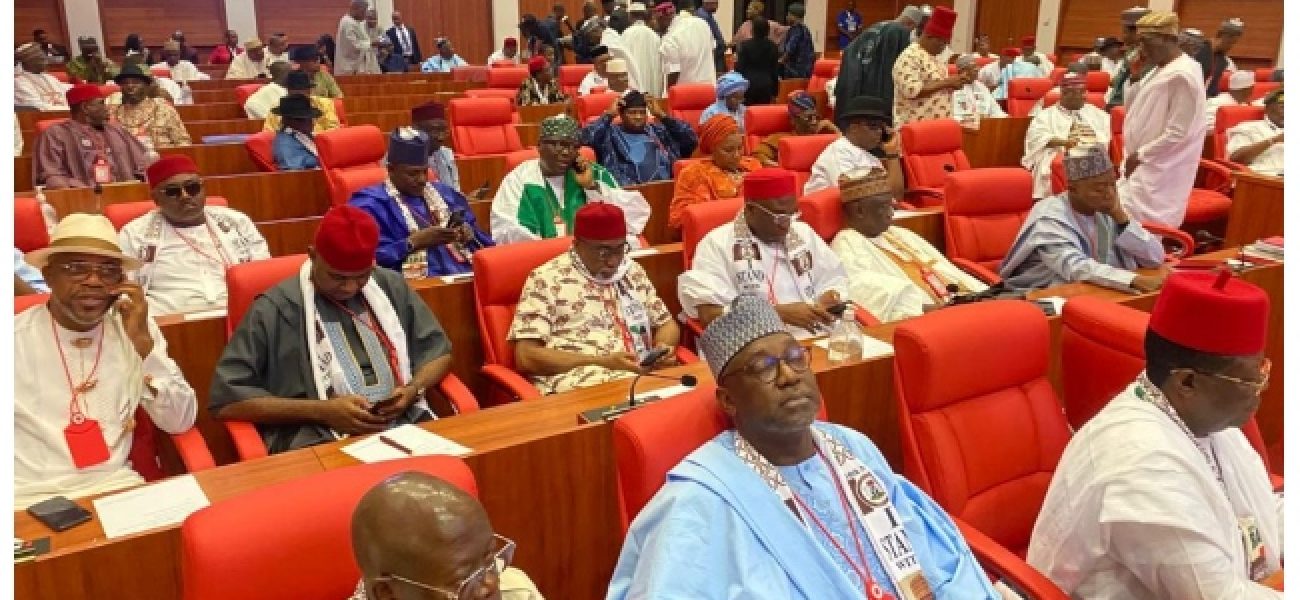It would appear that the undercurrents surrounding the leadership of the Senate is yet to settle. At its plenary on Tuesday, October 3, the Senate further amended its Rules to expressly forbid non-ranking members from contesting for the positions of President and Deputy President of the Senate. The amendment that was made to Order 3 Rule 2 of its Standing Orders reads as follows:
“Any Senator vying for the Office of the President of the Senate or Deputy Senate President must have served as a Senator for at least one term.”
It will be recalled that in June 2023, Senator Abdulaziz Yari, former Governor of Zamfara State and a first time Senator had run against Senator Godswill Akpabio for the position of President of the Senate. In that election, there were indications of other first time Senators making preparations to run for Presiding Officer positions. Although Senator Godswill Akpabio prevailed and emerged as President of the Senate, with Senator Barau Jibrin as Deputy President of the Senate, the aftermath of their emergence is yet to settle, with constant insinuations of dissatisfaction among Senators, with regard to the current leadership.
The Senate has also amended its Standing Rules to include eight newly formed Committees. The purpose of this is to have Committees to oversee the activities of various government Ministries, Departments and Agencies as they exist under the current administration.
The Committees are as follows:
- Committee on Atomic and Nuclear Energy
- Committee on FCT Area Councils
- Committee on Sports Development
- Committee on Youth and Community Engagements
- Committee on Solid Mineral Development
- Committee on Mines and Steel Development
- Committee on Tourism
- Committee on Culture and Creative Economy

